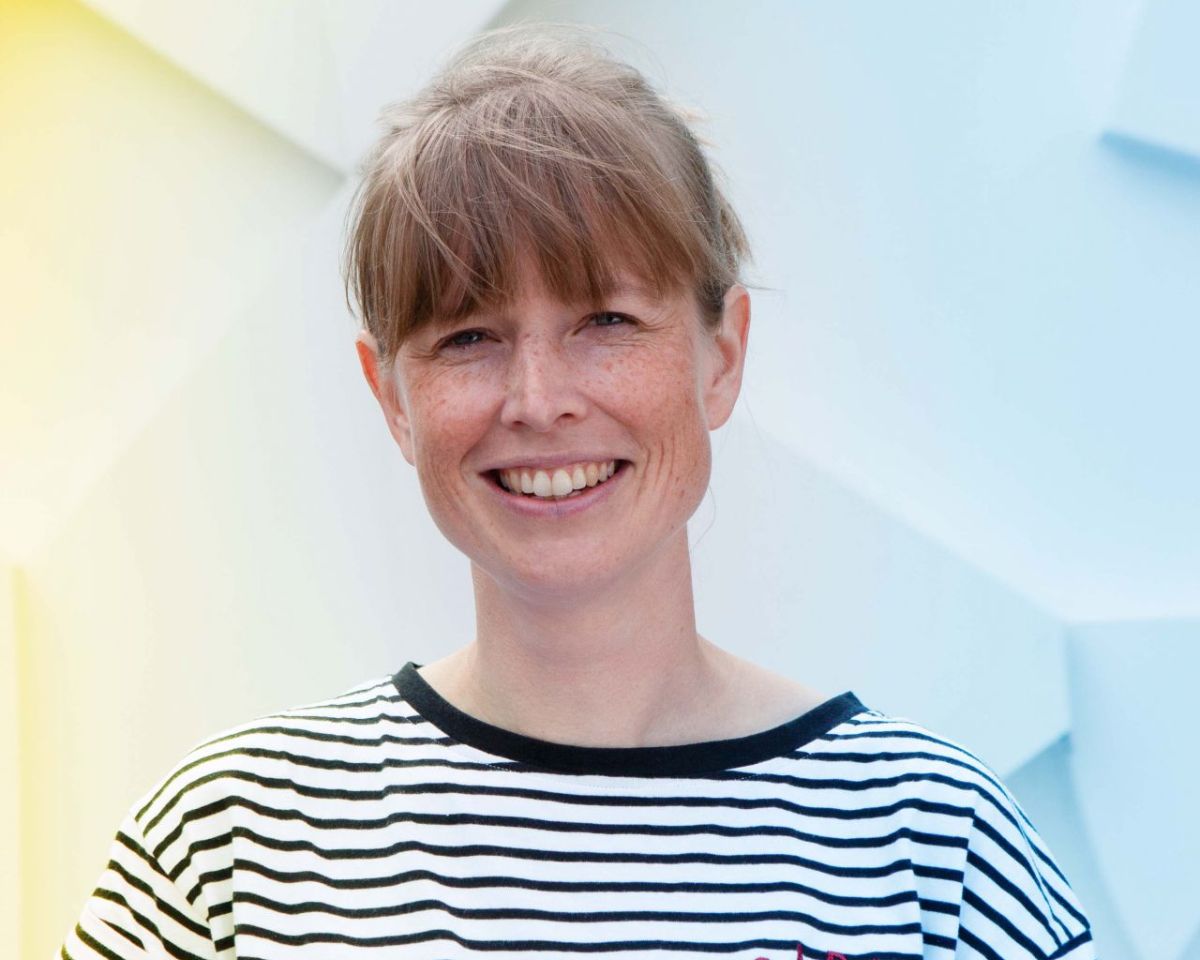Advances in AI have led to tremendous progress in many domains, but the communication systems used by artificial agents are still far removed from exhibiting the expressiveness, flexibility and adaptivity that is found in human languages. Katrien Beuls of the University of Namur addresses this gap in her talk, "Unravelling the Computational Mechanisms Underlying the Emergence of Human-like Communication Systems in Populations of Autonomous Agents", part of OFAI's 2022 Lecture Series.
Members of the public are cordially invited to attend the talk on Wednesday, 27 July at 18:30 CEST. Attendance is possible in person at OFAI Headquarters (Freyung 6/6/7, 1010 Vienna); note that attendees must wear a face covering while on the premises. Alternatively, you may attend online via Zoom:
URL: https://us06web.zoom.us/j/84282442460?pwd=NHVhQnJXOVdZTWtNcWNRQllaQWFnQT09
Meeting ID: 842 8244 2460
Passcode: 678868
Talk abstract: Over the last two decades, important advances in the field of artificial intelligence have led to tremendous progress in many tasks and application domains, including computer vision, robotics and natural language processing. Yet, the communication systems that are used by artificial agents for human-agent and agent-agent communication today are still far removed from exhibiting the expressiveness, flexibility and adaptivity that is found in human languages. This gap may mostly be ascribed to the fact that current communication systems are learned by extracting frequently occurring patterns from huge amounts of annotated data, limiting their applicability to predefined tasks set in stable environments. In this talk, I will present my long-term research programme which takes a radically different approach with the goal of building truly intelligent systems that are capable of adapting to unforeseeable changes in their tasks and environment. Rather than extracting patterns from annotated data, we equip populations of autonomous agents with computational mechanisms that allow them to self-organise an emergent conceptual and linguistic system through communicative interactions. By means of multi-agent experiments, we investigate the mechanisms that are needed for inventing, adopting and aligning transparent languages based on novel compositions of atomic cognitive capabilities that are mastered by the agents. These methodological innovations have the potential to lead to a paradigm shift in the way in which explainable human-agent and agent-agent communication is modelled, both in emergent communication experiments and real-world applications. Such applications include safety assistants (communicating with humans), self-driving vehicles (communicating with each other) and distributed smart devices in a home environment (communicating with humans and each other).
Speaker biography: Katrien Beuls received her MSc in Speech and Language Processing from the University of Edinburgh in 2009 and her MA in Linguistics from the University of Leuven in 2008. She defended her PhD in Computer Science in 2013 at the Vrije Universiteit Brussel on a new framework for computer-assisted language learning that combines the language game methodology and computational construction grammar. Since April 2022, she is assistant professor in computer science at the University of Namur. She has been involved as PI and co-PI in numerous European research projects, including the H2020 MUHAI project, the H2020 ODYCCEUS project, the AI4EU platform and the Marie Curie initial training network ESSENCE. Her main research interests lie in the applications of evolutionary and hybrid AI in diverse tasks that require advanced perception, reasoning and learning skills.
